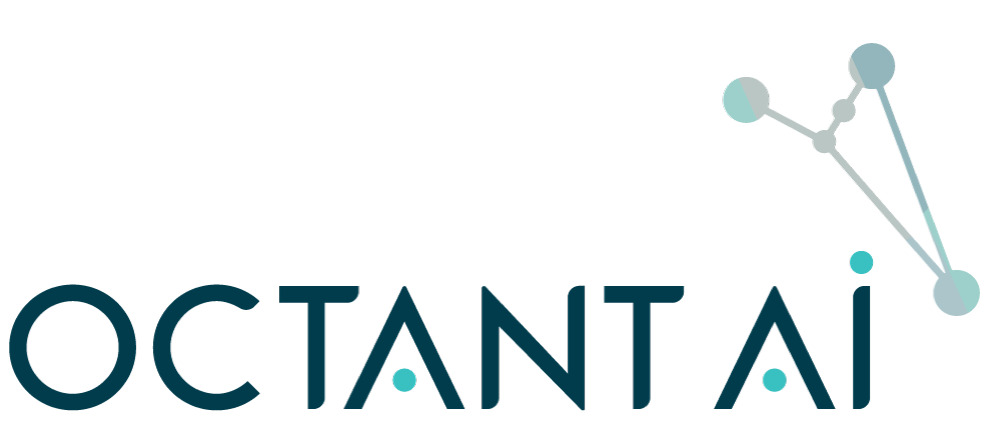The coronavirus pandemic has brought the logistics and ethics of data collection and sharing into sharp focus, with the Federal Government’s COVID-19 app, mandatory QR codes at venues, and other contact tracing methods becoming a part of the “new normal”. In 2021, the vaccine rollout raises further issues around the collection, storage and sharing of personal health data.
This is not exactly a new concept – the rise of the digital economy means data sharing has become a standard and vital part of doing business, and frequently offers new and valuable insights for organisations and more broadly, the public.
The open data movement, supported by some governments and the not-for-profit sector, strives to formalise and standardise methods for distributing helpful data to as many people as can possibly make use of it. Advocates of open data often push for unrestricted sharing, especially where publicly funded scientific and government data is concerned.
Discussions around B2G or Business to Government data sharing collaborations have been ramping up in European Union countries and the United Kingdom. The European Commission has taken steps to increase awareness and understanding of the potential of private sector data for the public interest and encourage players to engage in B2G data sharing.
The fact is businesses generate a lot of data in the course of their operations. Certain “non-rival data”, or information which is not commercial in confidence and does not meaningfully contribute to the competitiveness of the business, can be extremely useful, and potentially helpful for society.
Data sharing also raises questions. For example, if a business generates valuable, non-rival data which could result in huge benefits to the public, who should own that data, and who should have a right to access that information? At Octant AI, we believe there is a strong case for non-rival data to be available, managed, curated and amalgamated in a kind of ‘Data Trust’, by a central authority, comprising representatives from both the public and private sector.
Of course, in addition to the potential community-wide benefits data sharing offers, the sharing or aggregation of data can pose a vast set of ethical, security and privacy risks. Public attitudes to the distribution of personal data and potential privacy concerns must therefore also be taken into account.
A 2020 study by the Office of the Australian Information Commissioner revealed privacy is a major concern for 70 per cent of Australians and almost 9 in 10 people wanted more choice and control over their personal information.
The same report found while half of all Australians surveyed thought privacy was more at risk during the pandemic, the majority were more comfortable with personal information being shared to combat COVID-19 and expected it to be protected. More than half (54 per cent) were also comfortable with the government using phone data to stop the spread of COVID-19.
Securing the public’s trust around data storage and collection is a challenging task, made more difficult by previous missteps by governments. The controversial rollout of the $1.5 billion My Health Record system in Australia is a relevant example. A review by the Australian National Audit Office found that while the implementation was “largely effective”, the Australian Digital Health Agency could not guarantee that all “emergency access” requests to view an individual’s record were legitimate.
The notion of data ownership as part of this dialogue around data sharing is likely to be brought to the fore as the roll out of the COVID-19 vaccine gains momentum. Should the individual receiving the vaccine own that data and should access to it be restricted? Should their children’s medical data be made available to third parties?
This is tricky territory to traverse, but the conversation is an important one – and one in which the logistical and practical elements related to data storage and sharing must be considered in concert with the ethical and moral ramifications.
This is not exactly a new concept – the rise of the digital economy means data sharing has become a standard and vital part of doing business, and frequently offers new and valuable insights for organisations and more broadly, the public.
The open data movement, supported by some governments and the not-for-profit sector, strives to formalise and standardise methods for distributing helpful data to as many people as can possibly make use of it. Advocates of open data often push for unrestricted sharing, especially where publicly funded scientific and government data is concerned.
Discussions around B2G or Business to Government data sharing collaborations have been ramping up in European Union countries and the United Kingdom. The European Commission has taken steps to increase awareness and understanding of the potential of private sector data for the public interest and encourage players to engage in B2G data sharing.
The fact is businesses generate a lot of data in the course of their operations. Certain “non-rival data”, or information which is not commercial in confidence and does not meaningfully contribute to the competitiveness of the business, can be extremely useful, and potentially helpful for society.
Data sharing also raises questions. For example, if a business generates valuable, non-rival data which could result in huge benefits to the public, who should own that data, and who should have a right to access that information? At Endeavour Programme, we believe there is a strong case for non-rival data to be available, managed, curated and amalgamated in a kind of ‘Data Trust’, by a central authority, comprising representatives from both the public and private sector.
Of course, in addition to the potential community-wide benefits data sharing offers, the sharing or aggregation of data can pose a vast set of ethical, security and privacy risks. Public attitudes to the distribution of personal data and potential privacy concerns must therefore also be taken into account.
A 2020 study by the Office of the Australian Information Commissioner revealed privacy is a major concern for 70 per cent of Australians and almost 9 in 10 people wanted more choice and control over their personal information.
The same report found while half of all Australians surveyed thought privacy was more at risk during the pandemic, the majority were more comfortable with personal information being shared to combat COVID-19 and expected it to be protected. More than half (54 per cent) were also comfortable with the government using phone data to stop the spread of COVID-19.
Securing the public’s trust around data storage and collection is a challenging task, made more difficult by previous missteps by governments. The controversial rollout of the $1.5 billion My Health Record system in Australia is a relevant example. A review by the Australian National Audit Office found that while the implementation was “largely effective”, the Australian Digital Health Agency could not guarantee that all “emergency access” requests to view an individual’s record were legitimate.
The notion of data ownership as part of this dialogue around data sharing is likely to be brought to the fore as the roll out of the COVID-19 vaccine gains momentum. Should the individual receiving the vaccine own that data and should access to it be restricted? Should their children’s medical data be made available to third parties?
This is tricky territory to traverse, but the conversation is an important one – and one in which the logistical and practical elements related to data storage and sharing must be considered in concert with the ethical and moral ramifications.



